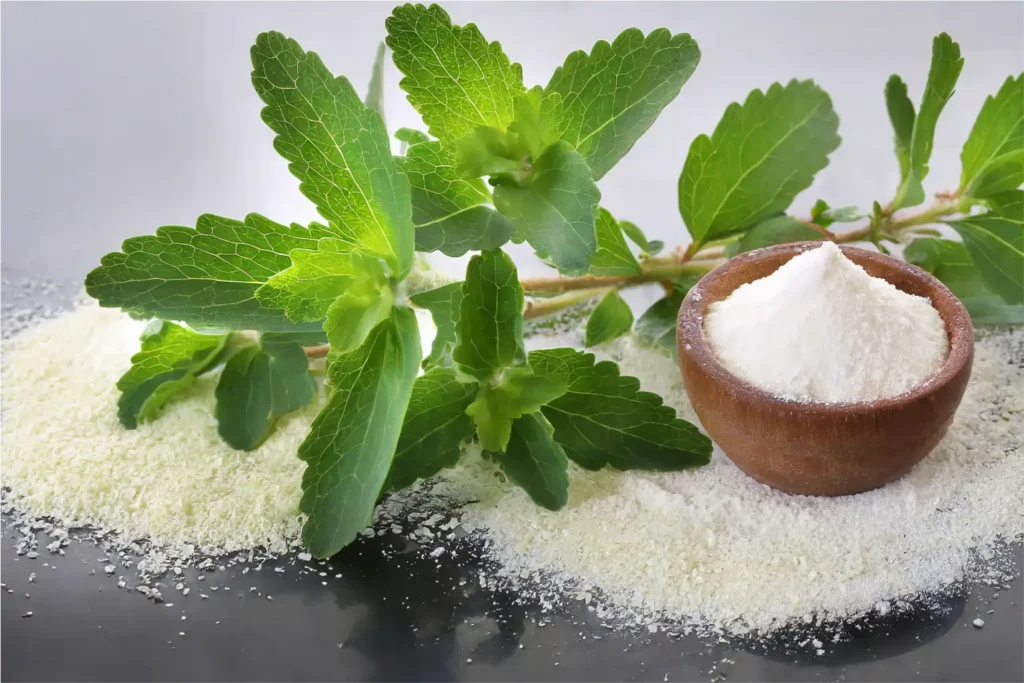
Can stevia help fight cancer: A new study from researchers at Hiroshima University has found that stevia, commonly known as a natural zero-calorie sweetener, may have far more powerful health benefits. When fermented with a strain of bacteria derived from banana leaves, stevia extract was shown to kill pancreatic cancer cells selectively while leaving healthy kidney cells unharmed.
The findings, published in the International Journal of Molecular Sciences, highlight a potential new path for natural, plant-based cancer treatments.
“Pancreatic cancer continues to have one of the lowest survival rates globally, with limited treatment success,” said Associate Professor Narandalai Danshiitsoodol from the university’s Department of Probiotic Science for Preventive Medicine. “There is an urgent need for safer and more effective anticancer compounds, particularly from medicinal plants.”
Also Read | Popular sugar substitute erythritol may harm blood vessels, cause stroke
The research team used Lactobacillus plantarum SN13T, a type of bacteria from banana leaves, to ferment stevia leaf extract and then tested the resulting product, called FSLE (fermented stevia leaf extract), on pancreatic cancer (PANC-1) cells. They discovered that FSLE was much more harmful to cancer cells than non-fermented stevia extract, while having little impact on normal human kidney cells.
“This suggests that fermentation not only enhances the bioactivity of plant extracts but also preserves safety for healthy cells,” said lead researcher Professor Masanori Sugiyama. His lab has studied over 1,300 lactic acid bacteria strains derived from natural sources.
Further analysis showed that a substance named chlorogenic acid methyl ester (CAME), created during fermentation, was mainly responsible for the anticancer effect. The concentration of CAME increased as chlorogenic acid levels dropped, pointing to a microbial transformation by the fermentation process.
“CAME was more effective at killing pancreatic cancer cells than just chlorogenic acid and helped trigger cell death in laboratory tests,” Danshiitsoodol explained.
The team plans to conduct animal studies next to explore the effectiveness and safety of FSLE in whole-body systems. They believe their findings may pave the way for probiotic-based cancer therapies using fermented herbal extracts.
Researchers from Hiroshima University’s Graduate School of Biomedical and Health Sciences and Hiroshima University Hospital co-authored the study.








